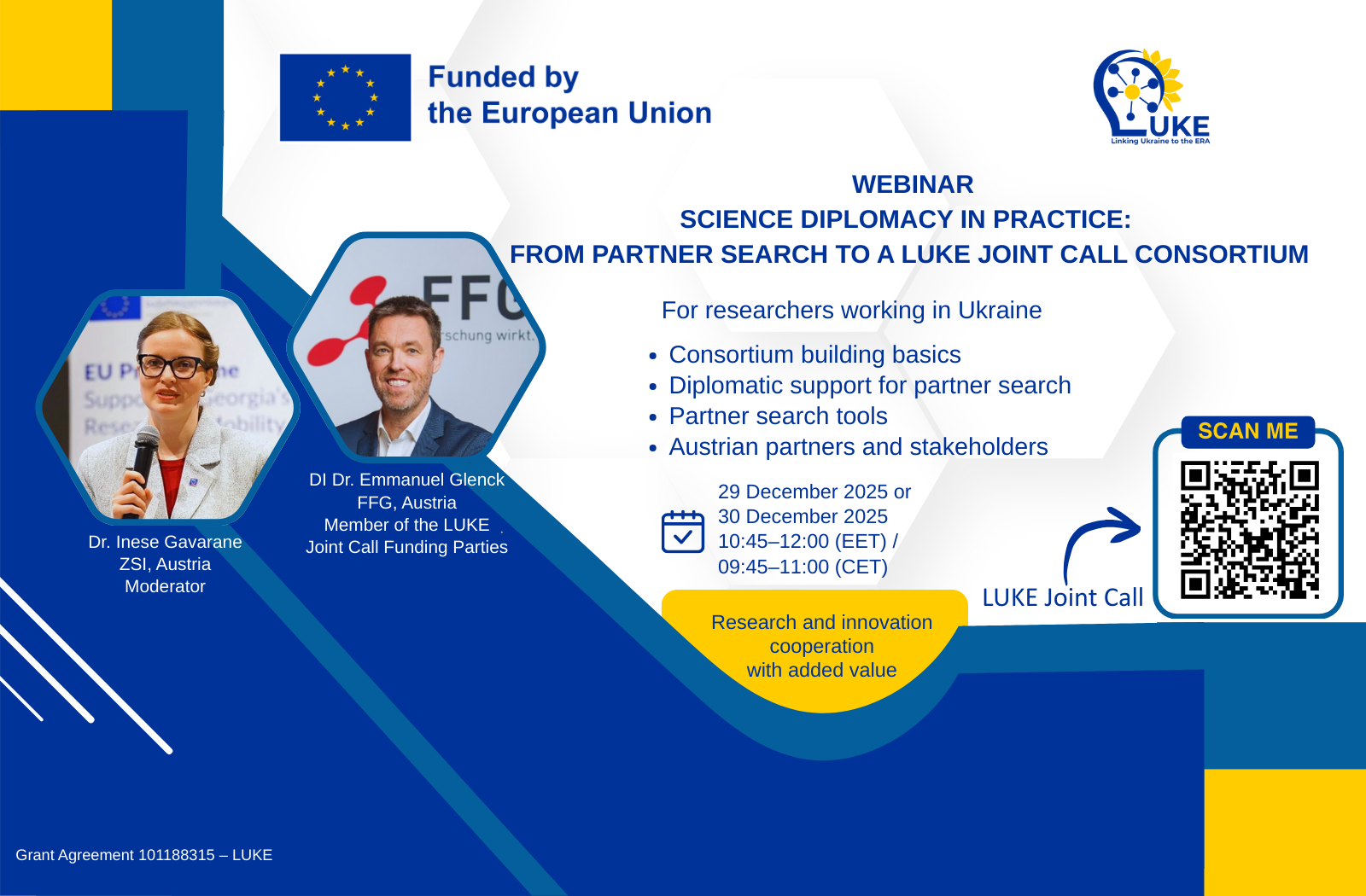Gaétan de Rassenfosse from École Polytechnique Fédérale de Lausanne (EPFL; English: the Swiss Federal Institute of Technology in Lausanne), a public research university in Lausanne, Switzerland, together with a Ukrainian researcher Tetiana Murovana from Taras Shevchenko National University of Kyiv, Ukraine, and Wolf-Hendrik Uhlbach, a postdoc at the EPFL, have surveyed Ukrainian researchers to understand how they were affected by the war.
Russia’s full-scale invasion of Ukraine on 24 February 2022 has killed many civilians, caused massive displacements of the population, and destroyed infrastructure to a significant extent. According to the Ministry of Defense of Ukraine, Russia fired half its stockpile of missiles in the first 9 months of the war, resulting in severe civilian casualties. Furthermore, in early 2023, about 18% of the population, or eight million people, have taken shelter in Europe, and a sizable share of the population has relocated to safer regions in Ukraine.
The war is disrupting many sectors of activity. The Ukrainian science sector is no exception, with universities’ closure—or destruction—and the career change, temporary or permanent, and escape of Ukrainian scientists
The ongoing war in Ukraine has profoundly impacted the Ukrainian research community. Numerous researchers have either emigrated or transitioned to alternate professions. For those who remain in research, the destruction of civil infrastructure and psychological stress may dramatically slow down research progress.
In the present survey, the authors seek to quantify critical parameters reflecting the extent to which the war has hit the Ukrainian research community. These include the extent of the ‘brain drain’ and other measures related to the research time and conditions of Ukrainian scientists, who either stayed in Ukraine or migrated to safer places. The authors highlight the results of a representative online survey of 2559 researchers conducted between 21 September and 8 December 2022. The target population includes research-active employees of higher education institutions (HEIs) and public research organizations (PROs) who worked in Ukraine when the war struck.
According to the estimate of the study, by the Fall of 2022, ~18.5% of the population of Ukrainian researchers fled the country. The findings further suggest that the most research-active Ukrainian researchers were among the most likely to leave the country. Measured in terms of time dedicated to research, Ukraine has lost about a fifth of its research capacity. Besides these immediate effects, the current situation will also have long-term consequences. Science is fast-paced and competitive, and returning to research activities after the war may be challenging.
It is, however, important to note that this survey can only provide a snapshot of the complex situation faced by Ukrainian researchers, shaped by the context at the time of data collection. This caveat is particularly relevant considering questions aimed at capturing intentions, for instance, the intention to return. Follow-up surveys are needed to provide more insights about the long-term effects of the war on research in Ukraine and shed more light on the situations of researchers at home and abroad.
A competitive science sector is an essential component of a modern nation. Foreign policymakers can help prevent further deterioration of Ukraine’s science sector and plant the seeds of its renewal. Given the precarious conditions of migrant researchers, offering more and longer scholarships seems to be the number one priority for this group of researchers. Taking as a benchmark the contribution of the European Commission for a postdoctoral fellowship under the Marie Skłodowska-Curie Action (MSCA), the authors of the survey estimate that the funding need is in the ballpark of €700 million per year. By hosting Ukrainian researchers, Europe allows them to keep abreast of scientific advances and provides them an opportunity to lift their research skills. Providing temporary academic shelter for Ukrainian researchers also helps them remain in the global research community, minimizing further losses to the Ukrainian research sector as the war continues.
However, such arrangements are unlikely to convert into long-term opportunities for migrant researchers. Obtaining positions in European scientific institutions was challenging enough before the war, and the influx of Ukrainian researchers puts pressure on an already underfunded and competitive system. Hence, it is unlikely that host countries’ scientific institutions will offer enough long-term, stable prospects.
Although a significant focus has been put on migrant researchers, policy measures should not neglect researchers who remained in Ukraine. As a significant proportion of these researchers have lost access to their institutions and primary research inputs, measures should be considered to facilitate the continuation of research. These measures include remote visiting programs, access to online libraries and computing resources, or joint research grants. In light of the finding that migrant researchers seem to be slowly losing contact with their fellow Ukrainian colleagues, such programs also have the benefit of maintaining ties and fostering knowledge exchange between Ukrainian researchers.
Additionally, providing funding for encouraging returnees may also be beneficial when the war has ended. As this study shows, migrant researchers are being exposed to new knowledge and methods, which the country may need for its reconstruction. Furthermore, assuming that university funding will still be tied to teaching activities in post-war Ukraine, encouraging students to return to universities in Ukraine will also create more possibilities for Ukrainian researchers to return.
The war in Ukraine has caused disruptions in the research community, but with determined effort and concrete measures, we are hopeful that a brighter future for science can be achieved.
Please read more about the survey results here: The effects of war on Ukrainian research






